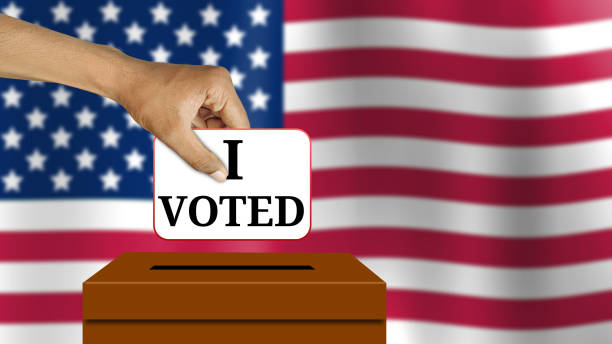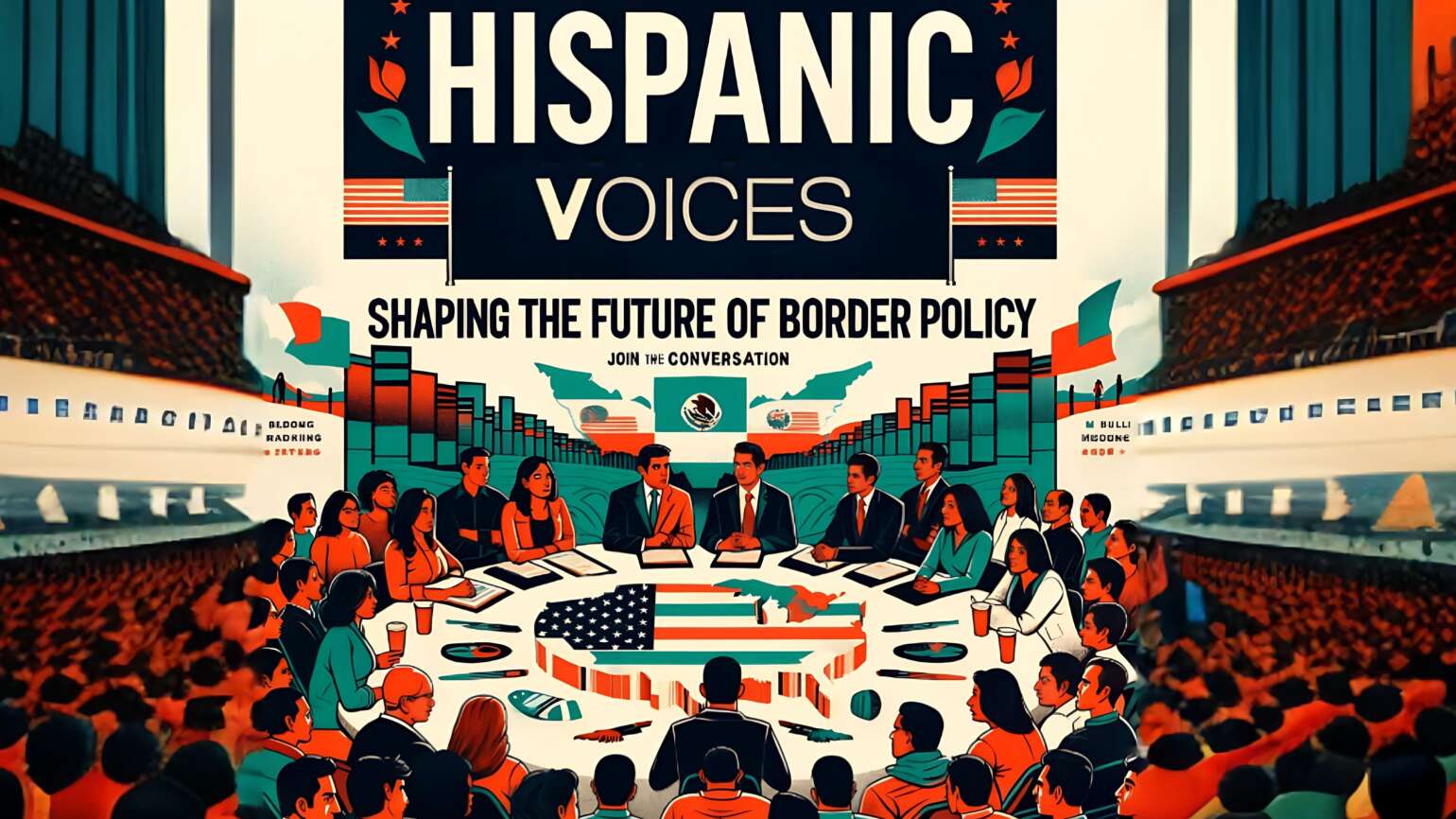My first eye-opening experience with voter corruption came about many years ago when I asked a friend what he was doing for the weekend away from college. He told me that he was going home to “work the election.” This took place in Tennessee at the end of 1974 and the biggest story of the election concerned who would be the governor of Tennessee. Ray Blanton was running as the Democrat and there were several stories in the press suggesting that he had been a somewhat less than upright citizen.
When I asked him who he was supporting for governor, my friend told me that he was supporting the Democrat candidate, Blanton. I told my friend that I had read several news stories that indicated that Blanton might be corrupt and he answered that “yes”, he knew that. He then told me what he did to “work the election” for which he would be paid the princely sum, in those days, of $50. He would be given a list of names and addresses of people in his home county whom he was to drive to the voting site. He would take them to the site, tell them who to vote for and then return them home with a choice for them of either $10 or a bottle of whiskey. I was appalled…I had never heard of such a thing. But thanks to the Democrat Party machine, Ray Blanton was elected Governor. You may have heard of Blanton, who was Governor from 1975 to 1979 and then went to prison in 1981 for two years for selling liquor licenses during his tenure.
Ray Blanton was investigated though never indicted during his time as Governor for selling pardons for thousands of dollars to criminals for everything from embezzlement to murder. There is no official documentation on how many pardons Blanton sold but on his last day in office he pardoned 52 criminals including 26 murderers and may have also hired the assassination of a possible witness to his corruption.1
This was my first experience with outright corruption in politics and voter irresponsibility but over the years there have been many, many more. An insightful article by the American Psychological Association revealed that there is research that suggests that most people vote the way they do “to fit in” and as a result of “social admonitions.”2 In other words many people vote the way they do because they are subtly or not-so-subtly, ‘told’ to vote a certain way.
This may take the subtle form of voters trying to fit in with friends and family to avoid any possible conflict over the volatile subject of politics. Or, it may take the not-so-subtle form of pressure from politically oriented entities such as unions. In a pamphlet produced by the decidedly pro-union Harvard Kennedy Ash School of Democratic Governance and Innovation unions produce voters who vote a certain way.
- This is not just a function of labor’s well-known get-out-the-vote (GOTV) programs: it is also by unions’ psychological and social empowerment of workers (Emphasis added.), indicating an effect that is lasting, that goes well beyond a single election cycle. Unions don’t just get members to vote: they work to turn them into voters.3
Significantly, the article would go on to cite research by Rosenfeld from 2014 that points to the fact that union pressure to vote’s “effects are largest for the least educated.”4 There are a myriad of other ways that voters are often ‘told’ how to vote and pressured to vote that way. There are documented examples of homeless advocacy organizations who allow “…thousands of homeless people to use the center’s address in order to vote and to get a state identification card” in violation of Georgia law.5 And of course, there are documented examples of physical intimidation at voting sites to pressure voters.6
It is I Vote My Vote’s message and purpose that voters need to be informed and responsible. No matter what your political persuasion, it is our view that you must vote based upon correct and up-to-date knowledge of candidates and issues. We seek to make the voter’s understanding of the importance of issues and how candidates stand on them clear.
We hope that you share our view that what is needed more than ever in today’s political climate is a voter that is responsible, knowledgeable and active. Please subscribe to I Vote My Vote today!
- Krueger, K. A. and Tarwater, B. (2023). Murder-for-hire and paid pardons | A Tenn. governor’s buried history. WVLT@8, Knoxville, Tennessee. Retrieved from https://www.wvlt.tv/2023/05/15/murder-for-hire-paid-pardons-tenn-governors-buried-history/
- Munsey, C. (2008). Why do we vote? American Psychological Association. Retrieved from https://www.apa.org/monitor/2008/06/vote
- Wang, T. (2020). Union Impact on Voter Participation—And How to Expand It. Harvard Kennedy Ash School of Democratic Governance and Innovation. Retrieved from https://ash.harvard.edu/files/ash/files/300871_hvd_ash_union_impact_v2.pdf
- Rosenfeld, J. (2014). What Unions No Longer Do. Harvard University Press. Cited in Wang, T. (2020). Union Impact on Voter Participation—And How to Expand It. Retrieved from https://ash.harvard.edu/files/ash/files/300871_hvd_ash_union_impact_v2.pdf
- Warren, S. (2021). Project Veritas Alleges These Groups Violated GA Law While Helping Homeless Register to Vote. The Christian Broadcasting Network, Inc. Retrieved from https://www2.cbn.com/news/us/project-veritas-alleges-these-groups-violated-ga-law-while-helping-homeless-register-vote
- Justice Department Seeks Injunction Against New Black Panther Party. (2009). U. S. Justice Department Office of Public Affairs. Retrieved from https://www.justice.gov/opa/pr/justice-department-seeks-injunction-against-new-black-panther-party
1. What is voter corruption, and how does it manifest?
Voter corruption refers to unethical or illegal practices aimed at influencing election outcomes. This can include bribery, coercion, voter intimidation, and fraudulently manipulating ballots or voter registration processes.
2. Can you provide an example of voter corruption?
Certainly. An eye-opening example is the case of Ray Blanton, who served as Governor of Tennessee from 1975 to 1979. Blanton was investigated for selling pardons to criminals, including murderers, during his time in office. He was eventually convicted and imprisoned for corruption-related charges.
3. How does voter irresponsibility contribute to corruption?
Voter irresponsibility occurs when individuals vote without being adequately informed about candidates and issues. This can make voters susceptible to manipulation and coercion by political entities seeking to influence election outcomes through unethical means.
4. What are some factors that influence how people vote?
Research suggests that social pressure and the desire to conform to social norms can influence voting behavior. Additionally, factors such as union membership, peer influence, and fear of conflict can play a role in shaping voting decisions.
5. How can voters combat corruption and ensure responsible voting?
It’s essential for voters to educate themselves about candidates and issues before casting their ballots. By staying informed and critically evaluating information from various sources, voters can make informed decisions that align with their values and beliefs. Additionally, advocating for transparency and accountability in the electoral process can help prevent corruption and promote fair elections.




3 Comments
Sarah Taylor
I’m always impressed by how you tackle complex political topics with ease.
Nancy Thomas
You have a remarkable talent for breaking down complicated political topics into understandable articles.
Richard Hernandez
Your site is a valuable resource for understanding the intricacies of US politics.